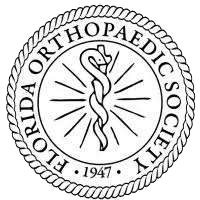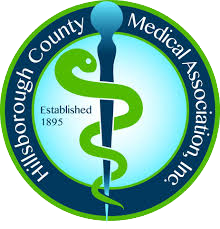 Frozen shoulder is an informal term that is commonly used to describe adhesive capsulitis, a condition that often causes stiffness and pain in the shoulder joint. While patients in Tampa, Clearwater, and St. Petersburg, Florida, will not necessarily develop this condition through repetitive movements required by specific occupations, sports, or other activities, there are certain underlying risk factors that may contribute to its development.
Frozen shoulder is an informal term that is commonly used to describe adhesive capsulitis, a condition that often causes stiffness and pain in the shoulder joint. While patients in Tampa, Clearwater, and St. Petersburg, Florida, will not necessarily develop this condition through repetitive movements required by specific occupations, sports, or other activities, there are certain underlying risk factors that may contribute to its development.
To begin with, frozen shoulder occurs most often in people over the age of 40, and often affects postmenopausal women. It is also common among people whose shoulders are immobilized following injuries or surgical procedures. Patients with existing medical conditions, such as diabetes, hypothyroidism, hyperthyroidism, Parkinson’s disease, and heart disease are susceptible to developing adhesive capsulitis as well.
Oftentimes, patients in the Tampa Bay area are able to find relief from frozen shoulder symptoms through regular stretching, physical therapy, and other light exercises designed to help improve range of motion. These treatments may be accompanied by anti-inflammatory medications, platelet-rich plasma (PRP) injections, and viscosupplementation. For severe cases in which these treatment options prove to be ineffective for managing a patient’s symptoms, surgery may be recommended.
If you have frozen shoulder symptoms and would like to discuss treatment options with a Board-certified physician in Tampa, Clearwater, or St. Petersburg, FL, contact Tampa Orthopaedic and Sports Medicine. Our orthopaedic specialists will help you understand your condition and the available treatment options.












